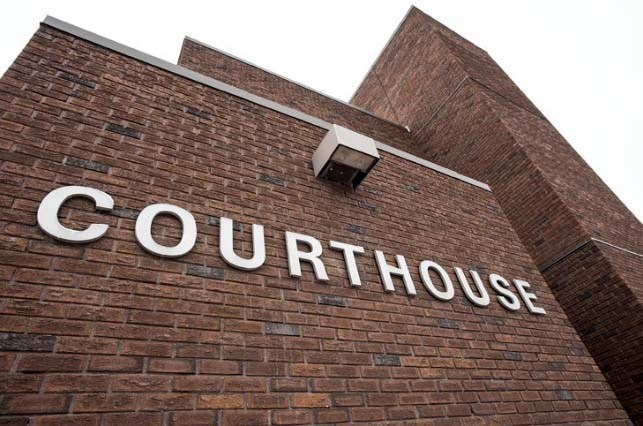Alberta’s new “zero tolerance for crime” policies may strain court resources in St. Albert, says of of the province's top prosecutors.
St. Albert’s courthouse is a bit of an outlier compared to nearby municipalities in that it currently enjoys enough resources to handle caseloads, according to Dallas Sopko, president of the Alberta Crown Attorneys' Association. But the city could soon join places like St. Paul and Cold Lake, which often see double or triple-booked courtrooms because of shortages of prosecutors, judges, sheriffs and other court staff.
“Without additional resources, the expectation for St. Albert residents should be that the time it takes for files to get to court will increase and the potential that files will have to be stayed will increase,” Sopko said.
“Victims will have to wait longer to get their day in court as well.”
The province announced policy changes last Monday to end its triage practice protocol, which came into effect in 2017 after the Supreme Court of Canada ruled most criminal cases should wrap up in either 18 months or 30 months, depending on the type of trial.
Cases that exceed those time limits are at risk of being tossed out by the courts.
At the time, the province's NDP government introduced the triage protocol to prioritize the most severe criminal cases.
In an email to the Gazette, Chinenye Anokwuru, press secretary for Justice Minister Mickey Amery said, “the Attorney General is terminating the triage practice protocol to better protect public safety and address violent crime and ensure all viable charges are prosecuted,” echoing a Government of Alberta press release.
She added the government has invested in 50 new trial prosecutor positions since 2017 and helped improve recruitment and retention of Crown prosecutors.
“As of June 2023, 368 trial prosecutor positions have been filled, resulting in almost 96 per cent of trial Crown prosecutor positions being filled,” the email said. “Thanks to these investments, the triage practice protocol, which resulted in some prosecutions not proceeding due to workload concerns, is no longer necessary and will no longer be in effect.”
But Sopko said the change will only put more pressure on already stressed courts unless the province decides to hire more prosecutors and other court staff.
“Practically, we’re still going to do what we have to do to make sure the most serious cases are being heard, the ones where public interest is the highest,” he said.
The zero-tolerance protocol will ask prosecutors to “seek to detain any accused who is a threat to public safety, especially repeat violent offenders, unless the risk to public safety can be addressed by bail conditions,” according to a government press release.
The announcement also states the Alberta Crown Prosecution Service will create special teams for reducing crime and targeting violent crime in Calgary and Edmonton.




